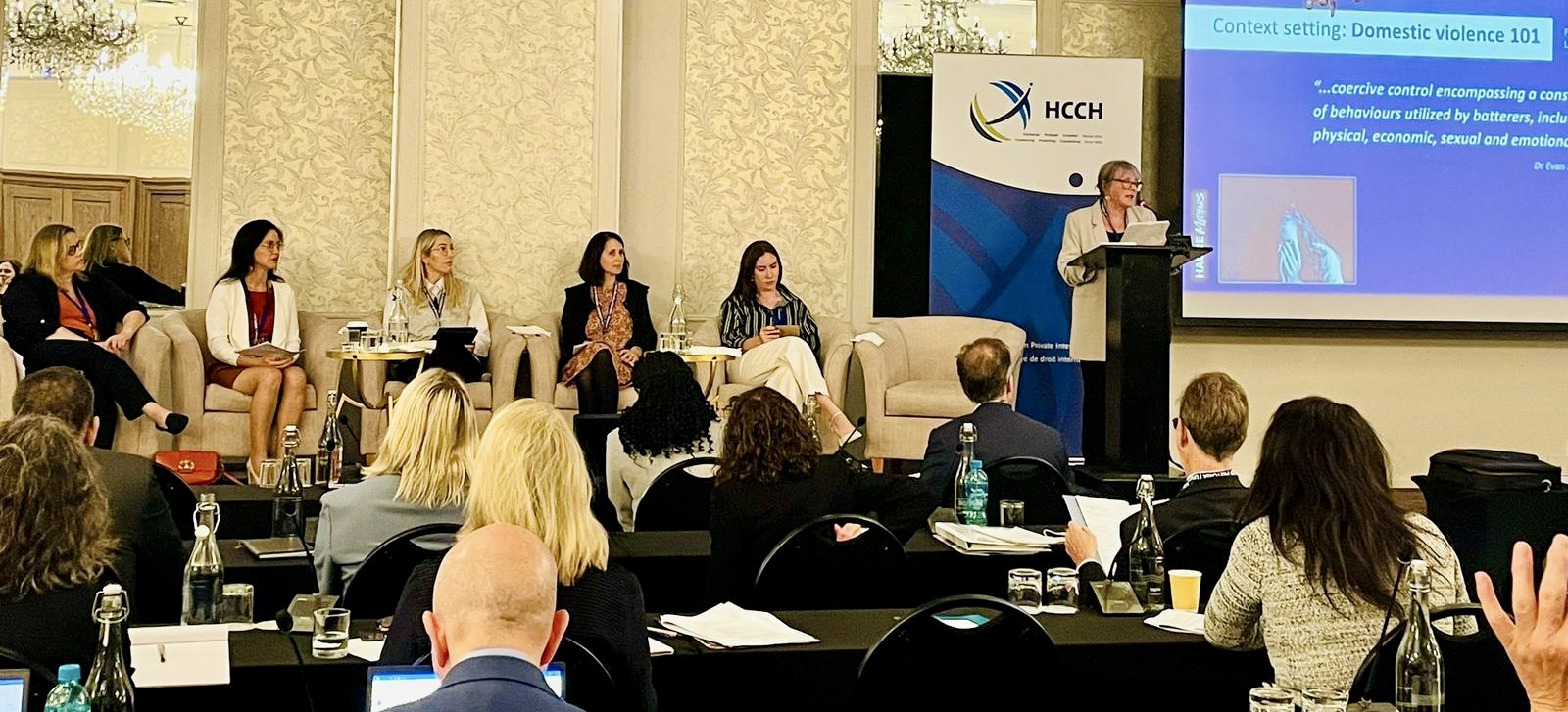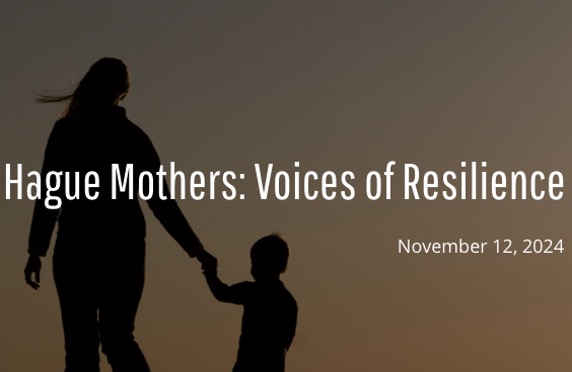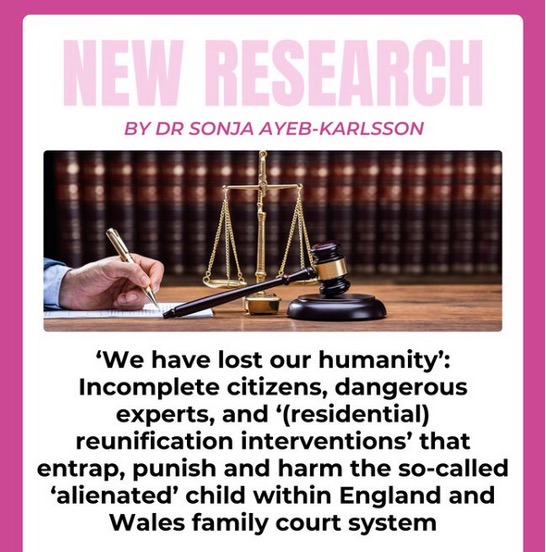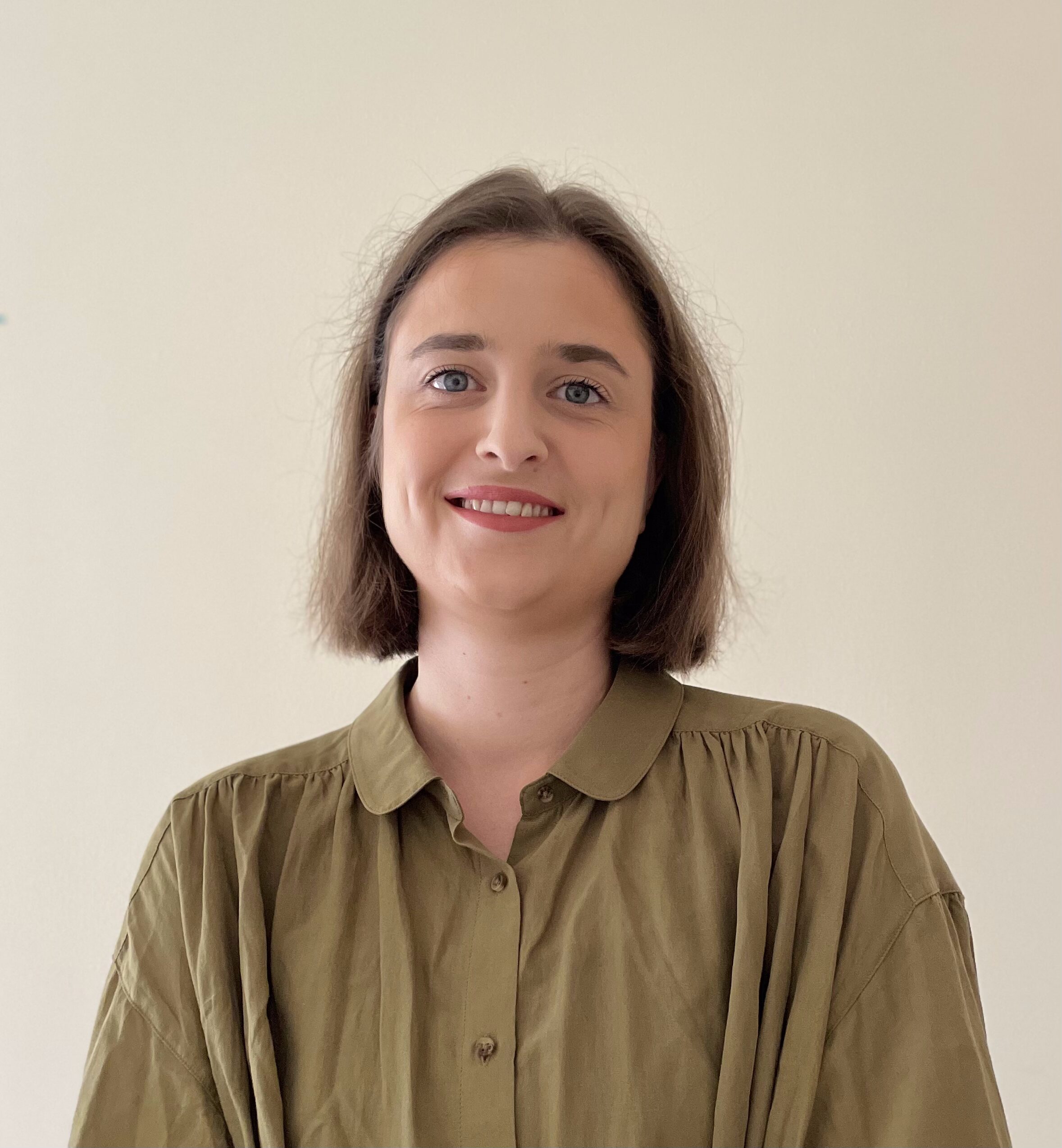Forum on the Hague Convention & Domestic Violence 18-21 June 2024
HCCH Forum on Domestic Violence and the Operation of Article 13(1)(b) of the 1980 Child Abduction Convention, South Africa
Our member Donna Johnson summarised each day of the Forum from Johannesburg
Opening session summary June 18th
A strong opening session at the Johannesburg forum with remarks from Elsabe Schoeman, Dean of the Faculty of Law, University of Pretoria; John Jeffery, Deputy Minister of Justice, South Africa; and Christophe Bernasconi, Secretary General of the Hague Conference on Private International Law (HCCH).
For me, the remarks spoke to the gravity of the issue that we are here to address. We were told it is going to be a hard four days.
The ‘landmark’ nature of this huge, interdisciplinary forum was stressed by Dr. Bernasconi. He referred to the moment as ‘truly historic’ as representatives from all perspectives (legal, academic, judicial, women who have fled intimate partner violence, DV advocates, psychological experts, left behind parents, Central Authorities, NGOs and researchers) come together for a crucial dialogue.
He reflected on the journey that led us to this forum. It was through emails from domestic violence survivors and their advocates that he became aware of problems with The Hague Convention when it comes to women fleeing intimate partner violence. Roz Osborne and Ruth Dineen were named as two of the individuals who convinced him of the need for a ‘dialogue among many voices’, in order that continuing, meaningful evolution of the Convention can occur. He said that at the time the Convention was established, gender based violence was not taken into account. He said that now, too often, we hear of women being ‘Hagued’ and that he is disturbed by this phrase. He believes that the convention needs to evolve. To be effective it must be inclusive, it must evolve. Hence this forum.
He stressed the challenge faced over the next days. The program is rich and designed to engage, but the issue is hard and complex. He urged participants to maintain a safe and respectful environment in order that the dialogue be productive, fruitful, and enforce understanding. It is his hope that at the end of the day we all have the same goal: the appropriate use of The Hague Convention.
Day 2 summary June 19th
For those of us who work with women fleeing domestic violence, the conversation got hard very quickly today.
We know that mothers who risk life and limb to extricate themselves and their children from abusive homes are not abductors, but protectors.
Those of us with long experience accompanying women in situations of intimate partner violence know that mothers are between a rock and a hard place.
In every country they face enormous barriers to leaving their batterers. It takes massive courage to leave an abusive man. It’s terrifying. Women turn to the courts in good faith, too often to find their situations treated with indifference.
Too often to find themselves abandoned and opposed by the very organizations with a mandate to protect them and their children.
Their abusers are rarely effectively sanctioned and restrained by their own domestic courts, leaving them as sitting ducks.
For such mothers, fleeing across international borders with their child or children is a desperate last resort.
It is hard to hear these acts of desperation and courage framed as acts of violence.
It’s hard to hear mothers chastised for ‘taking matters into their own hands,’ when it is precisely the lack of protection in their own jurisdictions that leads to the very difficult decision to flee the country.
It is hard to see the power dynamics of the abusive relationship, and a patriarchal society, rendered invisible. The words ‘power’ and ‘control’ were infrequently used, if at all. How is it that abusive men get to run the show? How is it that women and children are made to pay the price for men’s violence? For what other crime are victims forced to stay in contact with the perpetrator? These are questions we need to be asking.
The afternoon session, “Lived experiences of abduction cases involving DV” was profound, honest, brave and riveting. It went off like a bomb in the room, exploding any safe intellectual distance from the subject. We heard voice after voice after voice of abused mothers who have been revictimized, first by the courts, then by the Hague Convention.
Some mothers appeared by video. Some came in person. All spoke at incredible cost to themselves in order that we might be moved in our hearts to recognize the plight of the battered mother and take action to protect her and her children.
Why is it such a big ask?
Some of the words I heard today from ‘Hagued’ mothers:
“It was never about my son. It was all about power and control over me.”
“Women are encouraged to leave, but then set straight back.”
“It’s the strength of the mother that causes her to fight.“
“What is the line that needs to be crossed in order for a woman to get protection?”
“If there are children, they know they can still control us.“
“The safety of children depends on the courts believing mothers.”
“‘Grave risk of harm?’ These are active war zones.”
“Men who abuse women should not be able to dictate where the victims of their abuse live.”
“It is clear a war is being waged against mothers, and the battlefield is the Hague Convention.”
“These cases are not outliers.”
Day 3 summary June 20th
Here are some of the points that stood out for me today:
A man can win custody of a child even though he has
a) kept his pregnant partner in a shed
b) stopped to do a drug deal on the way to the hospital when his pregnant partner is in labour
c) beaten the mother of his child.
It is not necessarily traumatic for a child not to have a relationship with two parents. It is essential to have one solid attachment.
It is harmful to separate a child from his or her primary attachment.
Abuse is not linear, it is not always physical, and there is not always physical evidence to point to.
Domestic violence amounts to inhuman and degrading treatment of women. It is a human rights issue.
What about the human rights of mothers? Do mothers have a right to lives of safety? Do we have obligations to mothers in their own right? It’s not only a matter of the impact on the kids.
Training in intimate partner violence must include understanding abusive men’s tactics, which include counter-allegations, parental alienation claims, and accusing their partners of having mental health problems and being unfit mothers.
Women who are doing everything in their power to protect their children are quite unjustly being named as criminals. ‘Taking’ mothers are criminalized and stigmatized.
The options for women are to stay in the country and take the abuse, or flee and be labelled a criminal and an abductor.
Migrant women are particularly vulnerable to criminalization.
Some of the words I heard today:
“How much risk is acceptable when it comes to women and children’s lives? How much abuse is too much abuse? How much is acceptable? Where is the line?”
“The Hague Convention is the worst human rights violation I’ve ever seen. Maybe it worked 40 years ago, but it’s not working now. The Hague Convention is not fit for purpose.”
“The convention is now being used as a tool to abuse victims. Women are being hung like witches in the Salem witch trials.”
“I would like to see a revolution come out of this conference.”
Day 4 summary June 21st
The Johannesburg Forum has put the plight of ‘Hagued Mothers’ before the world.
The forum showed us that we have at hand all the evidence, expertise and goodwill required to turn this situation around.
But it seems to me we haven’t yet grasped the power structure. Until we start to recognize and confront the patriarchal power structure bearing down upon women’s lives, this injustice will continue. Because we don’t know how to read it. Failing to see it, we will be unable to stop it.
Men’s abuse of women via The Hague Convention is just another form of male violence against women, albeit a particularly cruel form.
Until we start to recognize the fundamental rights of women and begin to protect them as women, and in their central role as mothers, these injustices will continue.
“Men their rights and nothing more; women their rights and nothing less.” –Susan B. Anthony.




